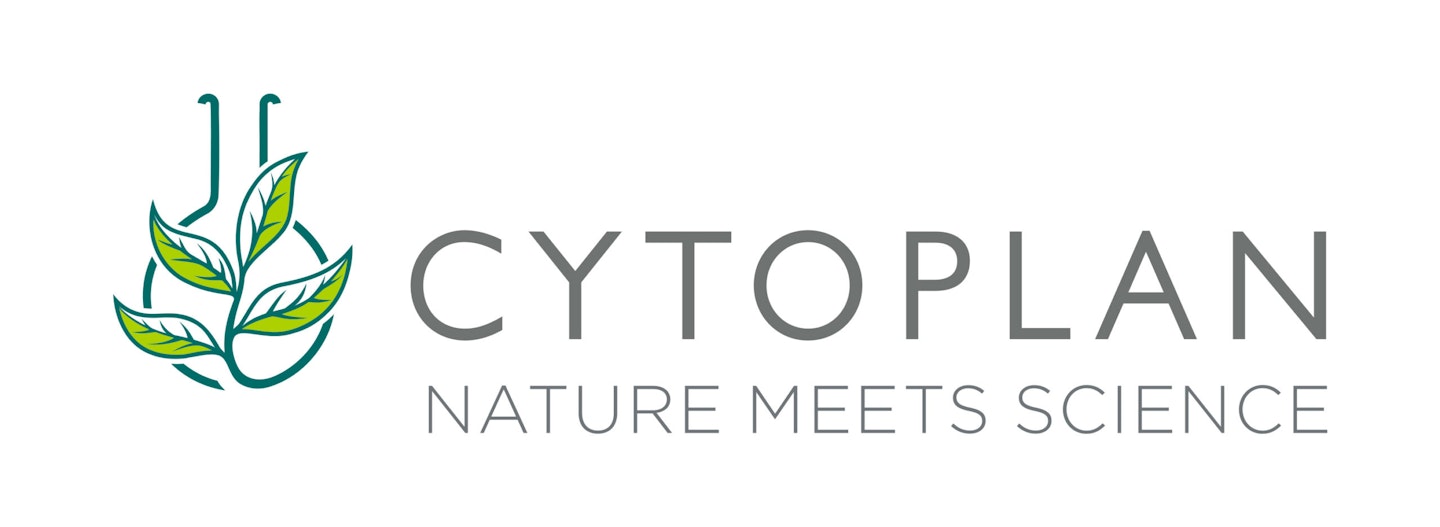Advertisement feature
When planning a pregnancy, it is always preferable for the mother (and father) to assess their health and nutrition before conceiving a child and address any shortfalls. This will help to optimise the chances of conception, wellbeing in pregnancy, and the health of the baby. How the mother eats during pregnancy can also influence the long-term health and well-being of the child. Planning for a healthy baby needs to begin as soon as possible – ideally 3-6 months before conception.
During pregnancy, the food you consume is the baby’s major source of nourishment, so it is essential to get all the nutrients you and the baby need. The old saying of “eating for two,” however, isn’t entirely accurate. Although your requirement for micronutrients (vitamins and minerals) increases by 50%, the requirement for extra calories only increases by around 300 calories per day during pregnancy. Where these calories come from are important though.
Consuming plenty of fruits, vegetables, whole grains, lean protein and healthy fats are key to achieving a well-balanced diet. However, several nutrients during pregnancy deserve particular attention.
Folic acid - is important for pregnancy as it can help prevent neural tube defects, which are birth defects of the brain and spinal cord. Citrus fruits, avocado, leafy green vegetables, nuts, dried beans and lentils are good sources of naturally occurring folate. The government recommends supplementing 400µg for at least 3 months prior to conception and during the first trimester. The best and most bio-effective form of folate is methylfolate, which is better absorbed and utilised than standard folic acid.
Iodine - deficiency in pregnancy is associated with learning disability in infants. The major source of iodine is dairy, but it is also found in seafood. Smaller amounts can be found in vegetables, although this largely depends on the soil where they were grown. Vegans, in particular, should be mindful of iodine intake.
Vitamin D - is needed for the normal growth and development of bones in children as it increases calcium uptake. Fatty fish, such as salmon and sardines are good sources of vitamin D. Most needs however cannot be met through diet alone and supplementation is recommended.
Iron - intake is important in avoiding anaemia. Iron is essential for the foetus and is needed for the development of normal cognitive function. Low iron status in pregnancy is associated with low birthweight and premature birth. Lean red meat, poultry and fish are good sources of iron. Beans, dried fruit and green leafy vegetables also contain good levels of iron.https://d4bd5519e93f40bd5bf570a0b94c698f.safeframe.googlesyndication.com/safeframe/1-0-38/html/container.html
Calcium - is in great demand during pregnancy. In fact, intestinal absorption of calcium doubles in early pregnancy. Calcium is important to help build the baby’s teeth and bones. It may also help to reduce the risk of pregnancy-related complications, like pre-eclampsia or hypertension. Dairy products are well absorbed sources of calcium. Non-dairy sources include dark leafy green vegetables.
Vitamin C - is important for reproductive health as it has a positive effect on growth and repair of the ovarian follicle and the development of the corpus luteum (essential for maintaining a pregnancy). Vitamin C is associated with a reduced risk of pre-eclampsia and helps your body use the iron you get from food. Eating (as a minimum) five portions of brightly coloured fruits and dark green vegetables a day can help ensure adequate vitamin C levels.
Essential Fatty Acids - omega-3 fatty acids offer many health benefits and are associated with supporting normal hormone production. DHA (an omega-3 fatty acid) is particularly important for cognitive and visual development of the growing foetus. Oily fish is an excellent source of omega-3 but you can also help meet recommendations by consuming plant-based food sources including omega-3-rich vegetables, nuts (walnuts), and seeds (chia, flax, hemp). For those who struggle to meet omega-3 dietary requirements, taking an omega-3 supplement is a good option.
Supporting Gut Health - fibre is extremely beneficial for the gut and can help to prevent pregnancy-induced constipation. Good sources of fibre include wholegrains (unless not well tolerated), fruit and vegetables, nuts and seeds. Further to this, the gut flora of the mother plays an essential role in fertility, pregnancy and the health of the baby. Many factors can cause an imbalance of our gut flora, including poor diet, medications, stress, toxins, poor sleep etc. A balanced gut microbiome has been shown to protect against atopic conditions such as allergy, eczema and asthma in infants. It is also essential for the development of the baby’s immune system. Using a live bacteria supplement to support the balance of the microflora within the mother’s gut can be beneficial.
So many of us are now lacking in essential nutrients, often because of poor dietary choices or poor-quality food. Ensuring a balanced diet that supplies all the nutrients required by the mother and baby can hence be challenging and difficult to achieve (see our booklet Bridging the Nutrition Gap).
Pregna-Plan - even if you eat a healthy diet, you can miss out on key nutrients. Taking a daily prenatal vitamin (ideally starting at least three months before conception) can help fill any gaps. Pregna-Plan comprises all the appropriate vitamins and minerals necessary for mother and baby during pregnancy - including the UK government recommendations for vitamin D and folic acid (as methylfolate).
Omega 3 Vegan – An omega-3 supplement isolated from algae providing a higher ratio of DHA to EPA than that of fish oils. DHA is an important fatty acid for cognitive and visual development.
Acidophilus Plus – A live bacteria supplement containing eight strains of bacteria.

